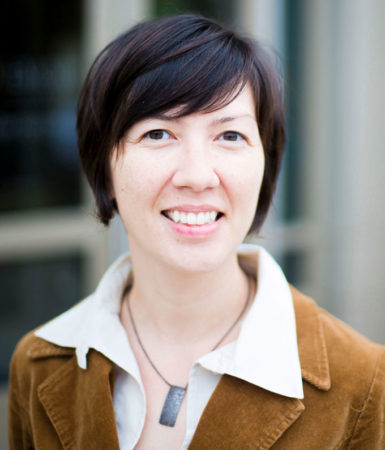SEATTLE
— Live bits of brain look like any other piece of meat — pinkish, solid chunks of neural tissue. But
unlike other kinds of tissue or organs donated for research, they hold the memories,
thoughts and feelings of a person.
“It is identified with who we are,” Karen
Rommelfanger, a neuroethicist at Emory University in Atlanta, said February 13
in a news conference at the annual meeting of the American Association for the
Advancement of Science. That uniqueness raises a whole
new set of ethical quandaries when it comes to
experimenting with living brain tissue, she explained.
Such donations are crucial to emerging
research aimed at teasing out answers to what makes us human. For instance,
researchers at the Seattle-based Allen Institute for Brain Science conduct experiments
on live brain tissue to get clues about how the cells in
the human brain operate (SN: 8/7/19).
These precious samples, normally discarded as medical waste, are donated by
patients undergoing brain surgery and raced to the lab while the nerve cells
are still viable.
Other experiments rely on systems that are less
sophisticated than a human brain, such as brain tissue from other animals and
organoids. These clumps of neural tissue, grown from human stem cells, are
still a
long way from mimicking the complexities of the human
brain (SN: 10/24/19). But with major
advances, these systems might one day be capable of much more advanced
behavior, which might ultimately lead to awareness, a conundrum that raises
ethical issues.
To avoid just that kind of issue in animal
studies, scientists studying cellular
activity in dead pig brains raised the remote possibility of the
rejuvenated brain tissue having a sliver of awareness (SN: 4/17/19). So widespread neural activity in these pig brains were
preemptively blocked, and researchers watched for any signs of consciousness. Protocols
were in place to stop the experiment if those signals were observed.
Rommelfanger spoke during the news conference
and later with Science News about the
ethical considerations that she argues should accompany neuroscience research.
Her answers have been edited for brevity and clarity.
SN:
Is there something special about the brain, or is it an organ like any other?

Rommelfanger:
The whole reason that the field I work in, neuroethics, exists is because there
does seem to be something culturally important about the human brain, that it
is identified with who we are…. The brain is not considered an organ, because
it’s something, at this point, that you can’t donate. Until we can, it’s in a
total separate category, which also shows its exceptionalism.
SN:
How were ethicists involved in the pig brain experiment?
Rommelfanger: That wasn’t ethics as an afterthought…. We did
a couple of years of consulting with [researchers]. And of course we are still
carefully watching that project and working with the researchers where we can.
SN: How close is too close when it comes
to systems that mimic the human brain?
Rommelfanger:
The reason we’re creating new models is because nonhuman animal models often
fall short as proxies of the human brain. So we have ourselves in an ethical
conundrum: The closer these approximations get to the human brain and the more
fidelity we have to that, the more ethically fraught it becomes.
SN: How much is too much when it comes
to working with patients’ living brain tissue?
Rommelfanger: This is a question of incrementalism: How
much brain do you take before you freak out? We will have crossed the line if
we have something that we are able to measure that has some sort of independent
awareness on its own. That’s a really extreme scenario that I’m operating with.
But I don’t think we should wait until we get really close to something like
that to [consider the ethics].
SN: Should volunteers
help shape how brain research proceeds?
Rommelfanger: I think new research directions [in areas
such as brain donation, neural implants or organoids grown from volunteers’
stem cells] can be pushed by patients. More creativity comes from the more
backgrounds we have in the room. Even if it seems outlandish, you never know.
It could spawn some really great ideas.
